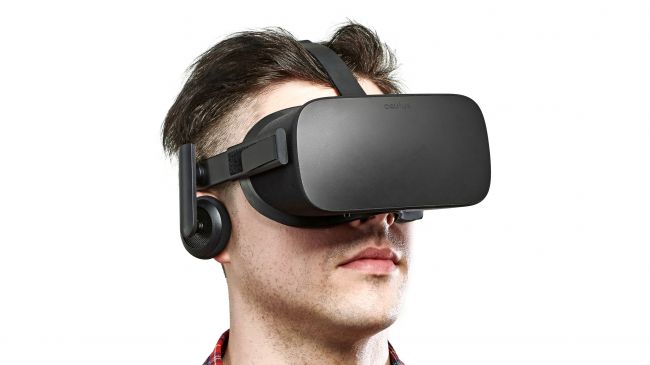MIT figured out how to play HTC Vive and Oculus Rift untethered

Don’t like being tethered to your PC while playing games on Oculus Rift and HTC Vive? Neither do researchers at the Massachusetts Institute of Technology (MIT), apparently.
To create a seamless wireless experience, a team of scientists at the university are working on a new technology called ‘MoVR’ which will use special high-frequency radio signals called “millimeter waves” (mmWaves) to deliver the 6GB of data per second needed to display lag-free VR images.
- HTC Vive may necessitate the best gaming PC of 2016
According to MIT News, each MoVR device consists of two directional antennas linked together that use phased arrays to beam data from the PC to the headset. The research is being led by MIT professor Dina Katabi and was presented at the ACM Workshop on Hot Topics in Networks (HotNets 2016) in Atlanta.
The system has been tested to work with HTC Vive and the results, so far at least, sound promising ... though, that said, you might not want to throw away your sensor arrays just yet.
While mmWaves stream more data than traditional Wi-Fi, there can be issues when an object interferes with the beam – i.e. step in front of the transmitter and your screen would go blank. The one way around that is to create programmable mirror that detects where a data signal is coming from and automatically reorients itself when it loses the signal, which is something the team is currently working on.
Clearly MIT’s system isn’t ready for primetime just yet but, if you can’t wait for the tether-less future, other companies like TPCAST have figured out streaming solutions of their own.
- These are the best VR headsets of 2016
Sign up for breaking news, reviews, opinion, top tech deals, and more.

Nick Pino is Managing Editor, TV and AV for TechRadar's sister site, Tom's Guide. Previously, he was the Senior Editor of Home Entertainment at TechRadar, covering TVs, headphones, speakers, video games, VR and streaming devices. He's also written for GamesRadar+, Official Xbox Magazine, PC Gamer and other outlets over the last decade, and he has a degree in computer science he's not using if anyone wants it.